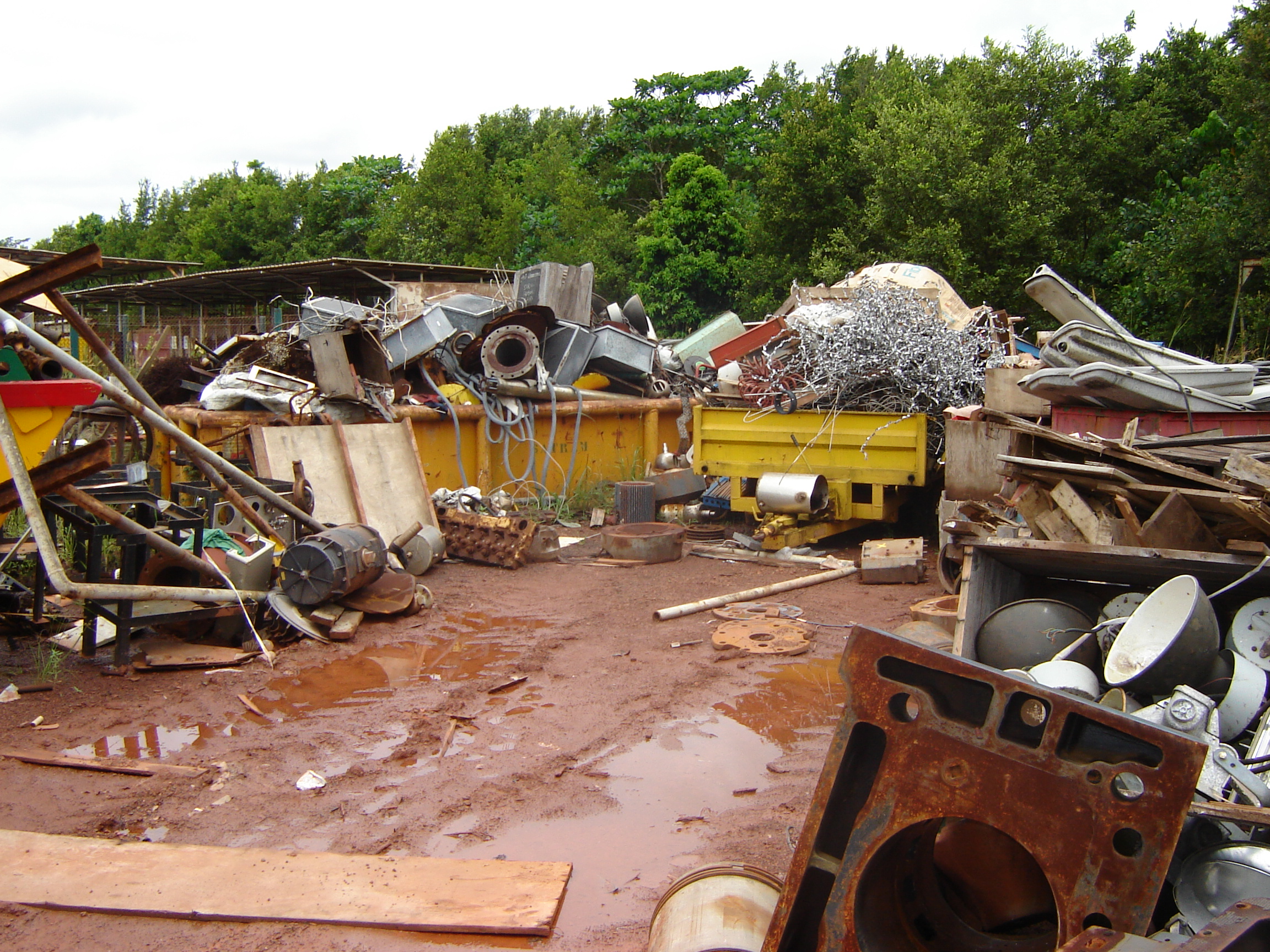|
The objective of a waste audit is not just to ensure compliance with legislation but also to save money and improve environmental performance by conserving resources, improving processes and finding better and cheaper ways of managing waste. MUL works with cities and municipalities, corporate and industrial organisations to transform their waste challenges into opportunities. We do this by using our knowledge of the waste market and innovative solutions to eliminate, reduce or divert waste from environmental disposal, such as landfill burial, to a high value beneficial use. We analyse and work through concepts, designs, processes and management systems to help our clients transform their raw materials’ economy from a linear process to a circular one. Our specialist waste auditors will conduct an in-depth audit of your management, facilities and procedures to evaluate your current systems and propose solutions that aim to eliminate or reduce the volume of your waste and current disposal costs. We will also provide guidance and advice on legislation relevant to your business. Our waste audits usually pay for themselves within a short time because our recommendations come with simple and creative solutions that are sure to bring rapid returns when implemented. By individually assessing your current situation we can > Asses and report on your present arrangement for the handling, recycling and disposal of wastes > Carry out waste flow modelling to forecast waste growth trends and required management costs > Review your current costs to identify cost saving options, including any possible overcharging > Review your methods to realise the potential income value of your waste. > Realise the value of your waste to you through rebates via recycling initiatives > Reduce waste to landfill > Ensure you are always compliant and operating within the law > Identify any risk to your business through non-compliance with environmental, health and safety legislation > Highlights key improvement areas and provide information which can be used to drive service improvement
|

